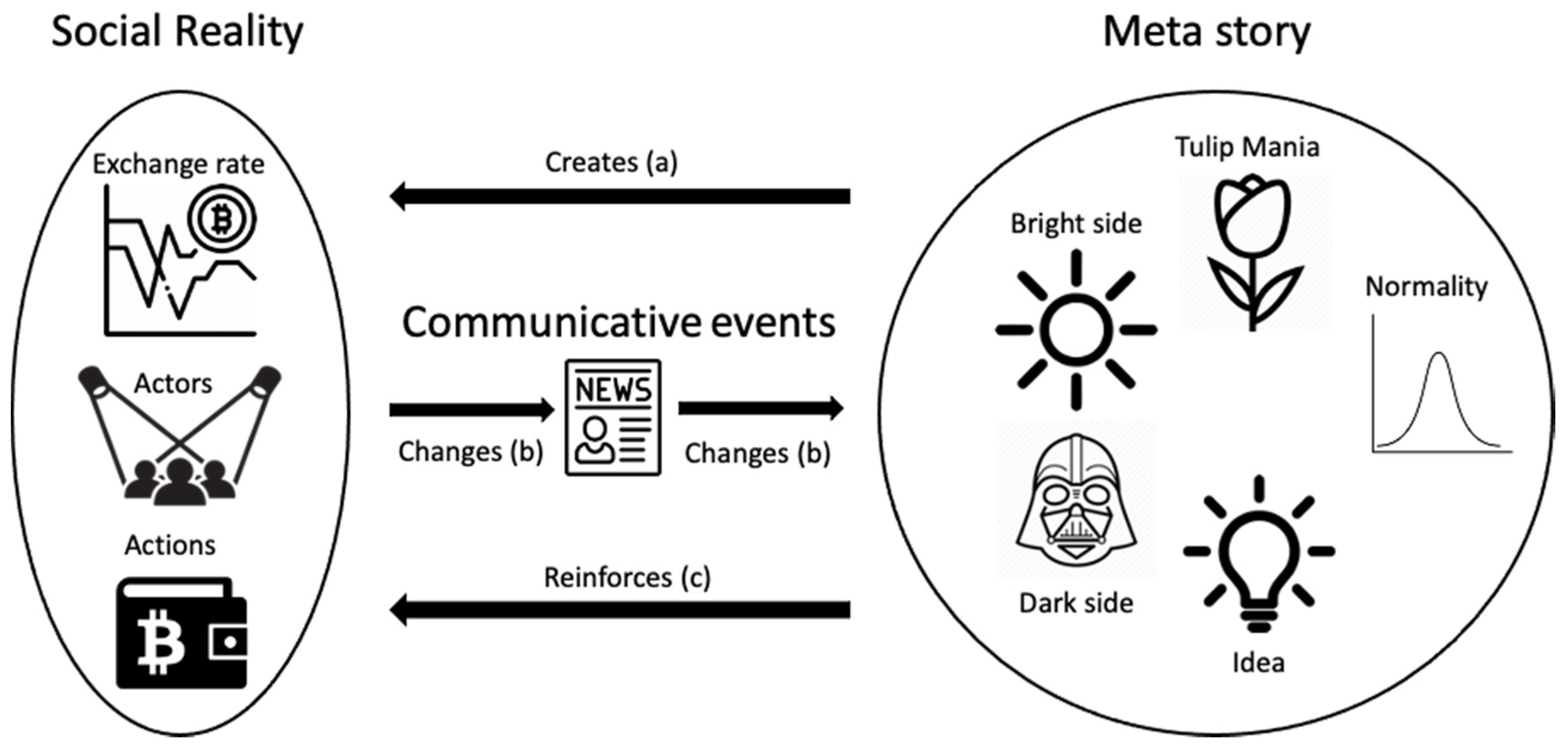
My question is, are deficit spending and increased taxes on the rich tools that should be used in conjunction? Could you talk about their applications and their uses together or alone?Ġ:00:16.4 Speaker 2: Okay, let me give you. It's probably true that there's been a plutocratic trend even in Sweden and Denmark, but it's nothing like as bad as it is here.Ġ:00:00.0 Speaker 1: You talked about the response to the financial crisis, and perhaps not enough deficit spending as a response. It's actually a key part of the background behind the war on tax proposal, is that in the few cases where wealth taxes have been applied, there was less evasion than you might have feared. However, Denmark used to have a wealth tax and it was effective. The Scandinavian 0.01% is also parking a lot of money in offshore tax havens.Ġ3:29 S1: So it is hard.


They're actually willing to say that high concentration of wealth is a bad thing, but also what it turns out is that there's an awful lot of offshore hidden wealth on the part of Scandinavians, so it's not. What Gabriel did was he integrated it with information provided by the Swedish Ministry of Finance, which was willing to supply enough data so that he could do matching, so that's on one hand, saying that the Swedes clearly have a very different attitude towards this. That the rich are elusive.Ġ2:42 S1: We actually know as much as we do, which is not as much we should, only here, thanks to the Panama Papers. And what we've learned, if people follow this stuff, Gabriel Zucman's been doing this amazing stuff on tax havens, and a lot of the data. They make more of an effort at it than we do, but they do live in a globalized world. What is true about the 0.01%, even the Nordics are not that successful at taxing extreme wealth. These are countries that have far higher taxes than we do and yet they have, in terms of outcomes, things like prime age employment rates, they do better than we do. They are a living refutation of the orthodoxies of saying that high taxes are enormously destructive may get you a Presidential Medal of Freedom, but just look at Denmark, just look at Sweden. I wonder if there's anything we can learn about how some other countries have dealt with their 0.1%.Ġ1:42 S1: Okay, the Nordics are a really interesting case.

You've written some really insightful columns about other economic models in other parts of the world, and Denmark, for example. When you made your comment about people being clueless in the social security debate, I was reminded of Larry Fink from Blackstone, who said that we should raise the retirement age because people mostly just sit around in their jobs. I don't want to romanticize the wisdom of the common man, but the fact of the matter is that if anything, the top 0.01% has a worse idea about the realities of life and the real impacts of policy than ordinary voters, and anything we can do to curb that influence is going to help make America a better place.Ġ1:16 Speaker 2: Thanks for that. And we need to try to turn this around, and maybe the most important thing is that we still have this tendency to assume that because people have a lot of money, that that means that they actually understand the world, that being rich means that you are also wise. 00:00 Speaker 1: All of this means that it matters a lot that this group has acquired so much power, that the concentration of income and wealth at the top has distorted our society, has led us to make bad choices just in terms of the overall state of the economy, as well as unjust choices, choices that hurt ordinary people, even if they may benefit a few people at the top.


 0 kommentar(er)
0 kommentar(er)
